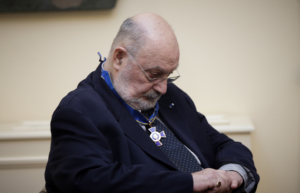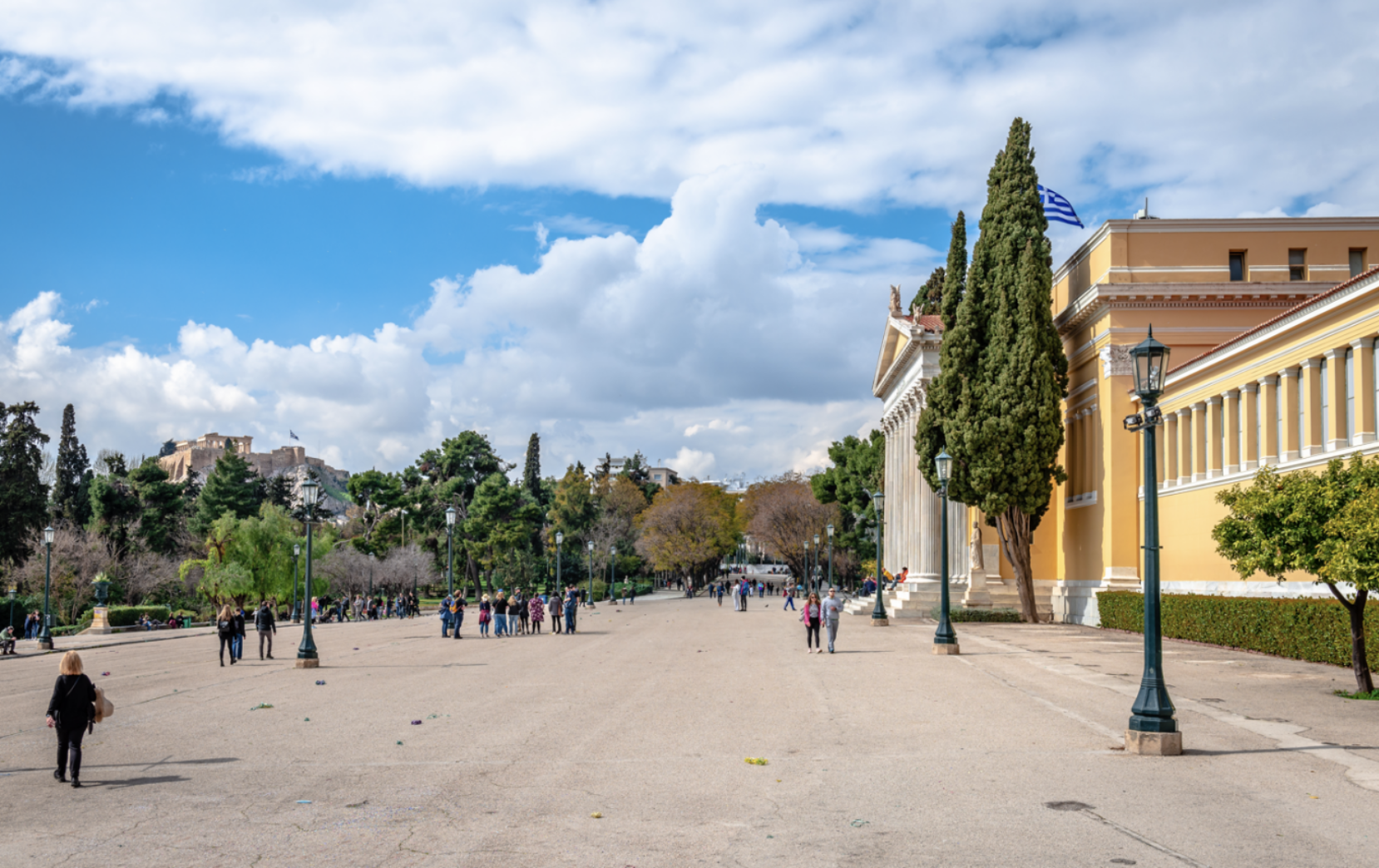The theater critic, translator and writer Kostas Georgousopoulos, also known by the pseudonym K.H. Myris. The news of his death was made known by a post by his brother, Vasilis Georgousopoulos.
Who was Kostas Georgousopoulos
Kostas Georgousopoulos was born in Lamia in 1937. He studied at the Faculty of Philosophy of the University of Athens, in the Department of History – Archaeology, and theater at the Drama School of the Athens Conservatory with his teachers Dimitris Rontiris and Yannis Sideris.
He worked in private and public education.
In 1978 he was commissioned by the Ministry of Education and Religious Affairs to edit the book Dramatic Poetry, which for 25 years was a curriculum in Greek high schools.
Since 2003 he was president of the Center for the Study and Research of the Greek Theater – Theater Museum.
In 2008 he was awarded the Grand State Prize for Literature for all his work. In 2006, the University of Athens, on the initiative of the Department of Theater Studies, awarded him an honorary doctorate.
In 1986, for his play “The After the Theater”, he received the 1st State Essay Prize, while for his play “From Strindberg and Chekhov to Pirandello and Bertolt Brecht” he was awarded by the Academy of Athens in 1999.
For all his work he has been awarded, among others, the Gold Medal of the City of Athens (2000).
He entered the arena of theater criticism in 1971 from the columns of the newspaper “To Vima” and continued in the newspaper “Ta Nea”.
His critical essays, pamphlets and commentaries have appeared in the following volumes: Keys and Codes of Theater, I, Ancient Drama, 1982; II, Greek Theater, 1984; Porphyry’s Oblique Questions, 1984; The After Theater, 1985; Personolatry, 1992; Variety Troupe, 1993; Thread of Level, 1996, World Theater, 1, From Menander to Ibsen, 1998, World Theater, 2, From Strindberg and Chekhov to Pirandello and Brecht, 1999, World Theater, 3, From Miller to Müller, 2000.
Under the pseudonym C. H. Myris, he has published the poetry collection “Awkward Artifice”, 1971, 1980 (together with “Transgression”), the short stories “The Bell – Odax”, 1985, and the collection of songs set to music by well-known composers (Chronicle, The Great Vigil, Immortality, Independent Songs, 1980). He also signs his translation work under the same pseudonym, which is based on ancient drama.
He has translated the following works:
Aeschylus.
Sophocles:
Euripides: Iphigenia en Avlidi, Bacchae, Iphigenia en Taurus, Hecuba (tragedy), Cyclops (satirical drama), Helen (tragedy), Andromache, Troades (tragedy)
Aristophanes: Lysistrata, Pluto, Thesmophoraeus, Ecclesiastes, Nepheles, Hippias
Molière: Tartuffe
Since 1990 he has been teaching as a research associate at the Department of Theater Studies of the University of Athens.
He has served as chairman of the Board of Directors of the National Theater and for twenty years as chairman of the Theater Committee of the Ministry of Culture.
He is a founding member of the Center for Research and Practical Applications of Ancient Greek Drama “Desmosis” and chairman of its Board of Directors.
Since 2013 he was the director of the Drama School of the National Theater.
Ask me anything
Explore related questions





